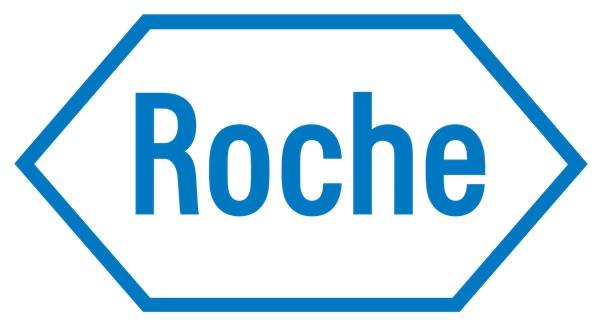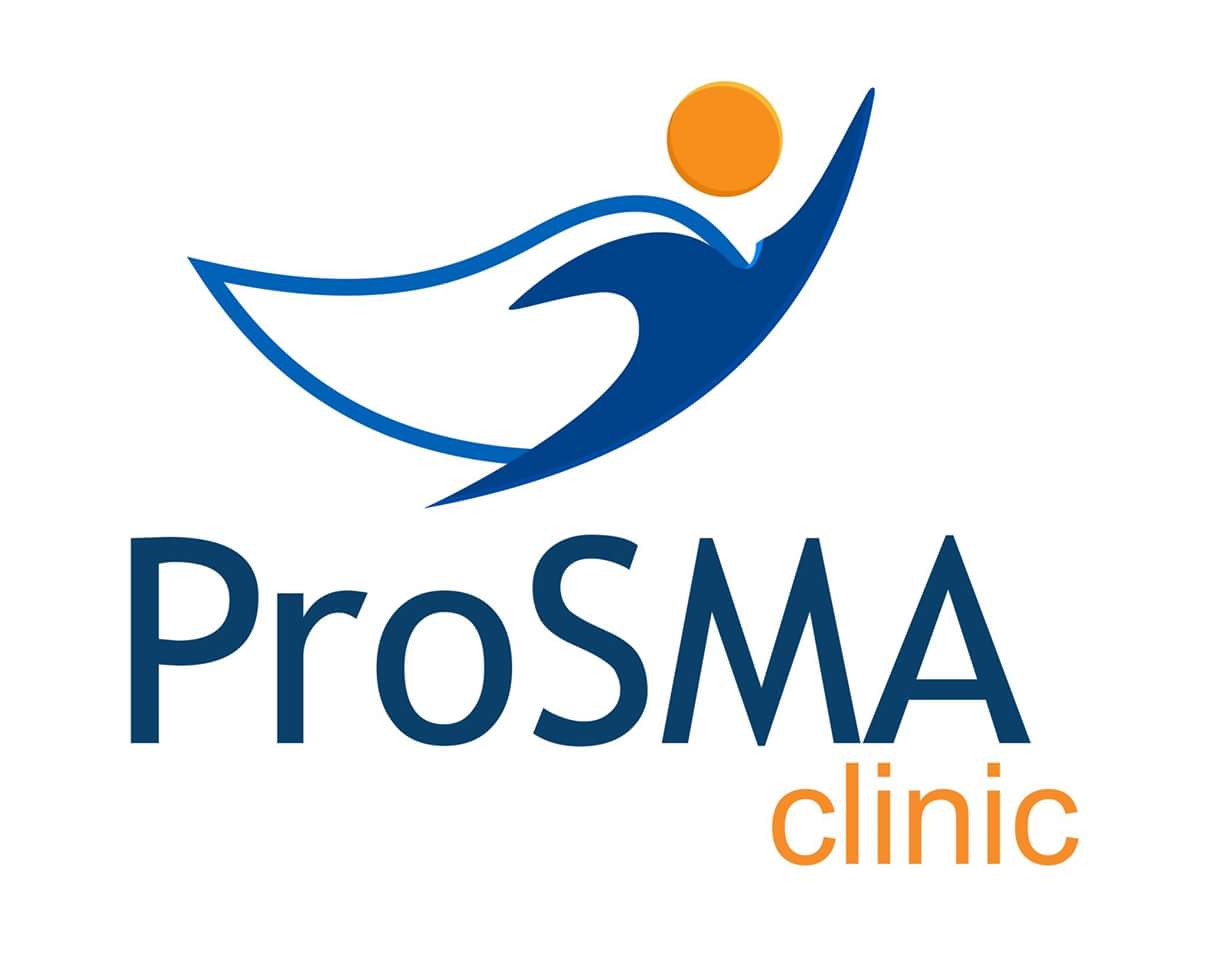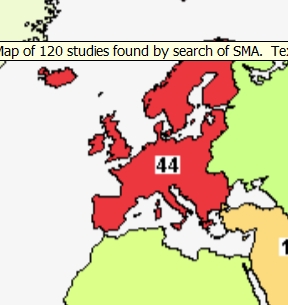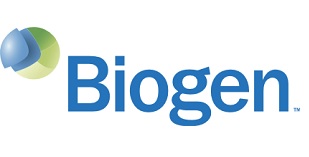
 Risdiplam – новий препарат від СМА стає ближче
17 Грудня, 2018
Дослідження, Закон
Risdiplam – новий препарат від СМА стає ближче
17 Грудня, 2018
Дослідження, Закон
Статус PRIME від ЕМА надається медичним препаратам, які мають значно більший терапевтичний ефект в порівнянні з іншими ліками, або приносять вигоду пацієнтам на фоні відсутності альтернативи.
Цей статус означає потенційну можливість для препарату раніше вийти на ринок.
Фармацевтичні компанії борються за пацієнта.
Текст прес-релізу
Basel, 17 December 2018
PRIME designation granted by European Medicines Agency for Roche’s risdiplam for treatment of spinal muscular atrophy (SMA)
- Risdiplam has the potential to be the first oral medicine for the treatment of SMA
Types 1, 2 and 3; a rare and debilitating genetic disease most commonly diagnosed in children - European Medicines Agency PRIME (PRIority MEdicines) status is granted to medicines that may offer a major therapeutic advantage over existing treatments, or benefit patients without treatment options
- Risdiplam is currently being investigated in three global, multicentre clinical trials in all types of SMA
Roche (SIX: RO, ROG; OTCQX: RHHBY) today announced that the European Medicines Agency (EMA) has granted PRIME (PRIority MEdicines) designation for the company’s investigational oral medicine risdiplam (RG7916) for the treatment of people with SMA. PRIME designation is granted by the EMA to support data generation and development plans for promising medicines, providing a pathway for accelerated evaluation by the agency, and thus potentially enabling them to reach patients earlier.Risdiplam, an orally administered, survival motor neuron-2 (SMN2) gene splicing modifier, has shown improvements in motor function in people with SMA Types 1, 2 and 3. An increasing body of clinical evidence suggests that SMA is a multisystem disorder, and the loss of SMN protein may affect many tissues and cells beyond the central nervous system. Risdiplam is systemically distributed and designed to durably increase SMN protein levels in the central nervous system and throughout the body.
Roche leads the clinical development of risdiplam as part of a collaboration with the SMA Foundation and PTC Therapeutics.
“SMA is the leading genetic cause of death in young children, and families and clinicians continue to seek alternative treatment options for this progressively debilitating and life-threatening disease,” said Sandra Horning, MD, Roche’s Chief Medical Officer and Head of Global Product Development. “The EMA’s decision to grant PRIME designation recognises the potential of the oral systemic agent risdiplam to deliver clinically meaningful results for patients and address a continuing medical need in SMA.”
PRIME designation for risdiplam is based on data from Part 1 of the pivotal studies FIREFISH (evaluating safety and determining dosage in infants with Type 1 SMA) and SUNFISH (in children and adults with Type 2 and 3 SMA) as well as a continuing medical need for alternative treatments and administration options for patients with SMA.
Interim data from Part 1 of the FIREFISH study, shared at the World Muscle Society Congress (WMS) 2018, showed that infants with Type 1 SMA treated with risdiplam met developmental milestones, including sitting without support.
Nineteen of 21 risdiplam-treated patients (90%) remained alive with two having discontinued due to the fatal progression of their disease. No infant required a tracheostomy or permanent ventilation since study initiation, and no infant has lost the ability to swallow. The most common adverse events were fever (pyrexia; 52.4%), diarrhoea (26.8%), upper respiratory tract infections (19%), ear infections (14.3%), pneumonia (14.3%), constipation (14.3%), vomiting (14.3%), cough (14.3%) and upper respiratory tract inflammation (14.3%).
Interim data from Part 1 of the SUNFISH study in Type 2 and 3 SMA, also presented at WMS 2018, demonstrated a median >2-fold increase in SMN protein levels in the blood following 12 months of treatment. Of the patients treated with risdiplam for at least 1 year (n=30), the median change from baseline in Motor Function Measure (MFM), the primary endpoint in the confirmatory part of SUNFISH and a scale used to assess motor function in neuromuscular diseases, was a 3.1-point improvement.
Serious adverse events were nausea (4%), upper respiratory tract infection (4%) and vomiting (4%).
To date there have been no drug-related safety findings leading to withdrawal from the FIREFISH or SUNFISH studies.




